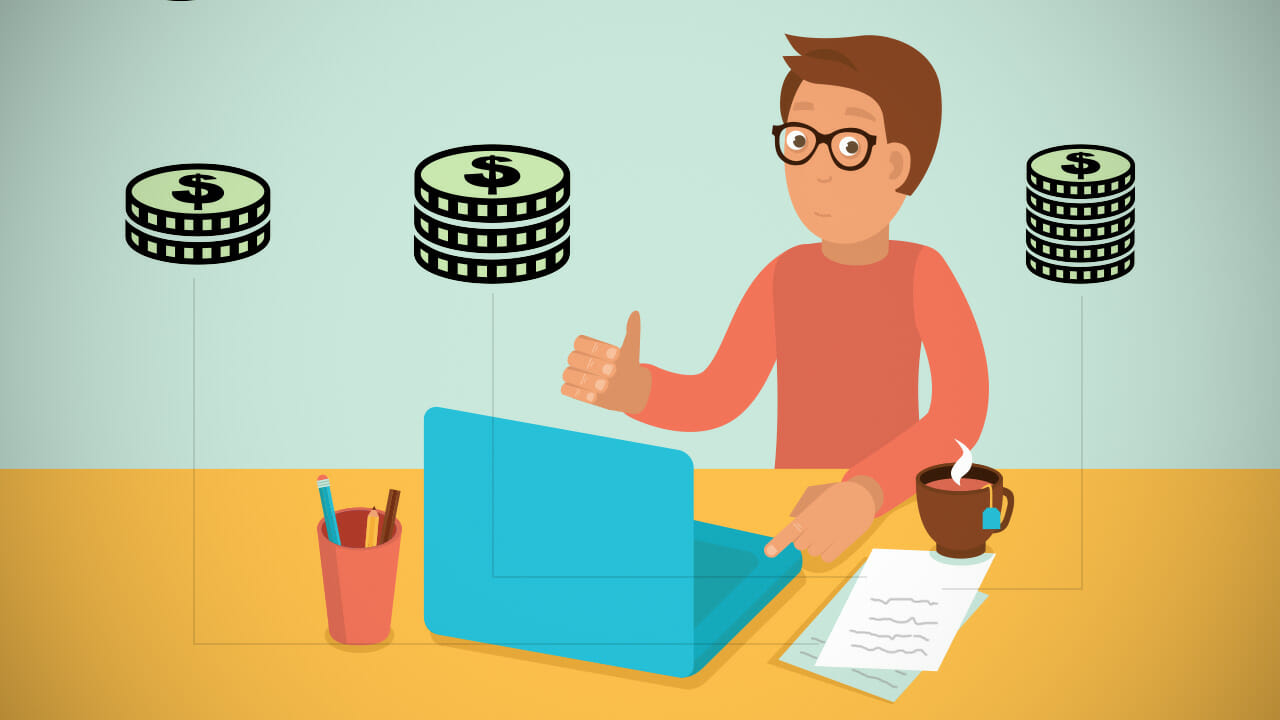While some financial advice is broad and general, there are specific aspects that freelancers need to consider seriously when managing their money. One crucial aspect is the need for an emergency fund.
For freelancers, having an emergency fund is even more critical than for traditional employees. Shockingly, research from the Federal Reserve Board reveals that 40% of Americans would struggle to pay a sudden $400 expense. This is alarming, especially considering that the average emergency medical bill in the United States surpasses $11,000, and insurance often doesn’t cover the entire amount. Whether you are a freelancer or a 9-5 worker, an emergency fund can mean the difference between financial stability and overwhelming debt.
The purpose of an emergency fund is to provide a safety net in case you are unable to work due to an unexpected situation. This could range from a health emergency to a period where you cannot find new freelance projects. Your emergency fund should ideally be able to cover all your essential expenses for several months. It’s advisable to start by budgeting for necessities like food and rent or mortgage payments, and then extend the fund to cover other crucial expenses you would need to meet during a work hiatus.
For freelancers, the need for an emergency fund is amplified due to the irregularity of income. Freelancers often face delays in payments, with a survey by Bill.com revealing that 45% of freelancers experience late payments. Understanding these unique financial challenges, freelancers are encouraged to open a fee-free, high-interest savings account and begin building their emergency fund as a safeguard against income fluctuations.













































